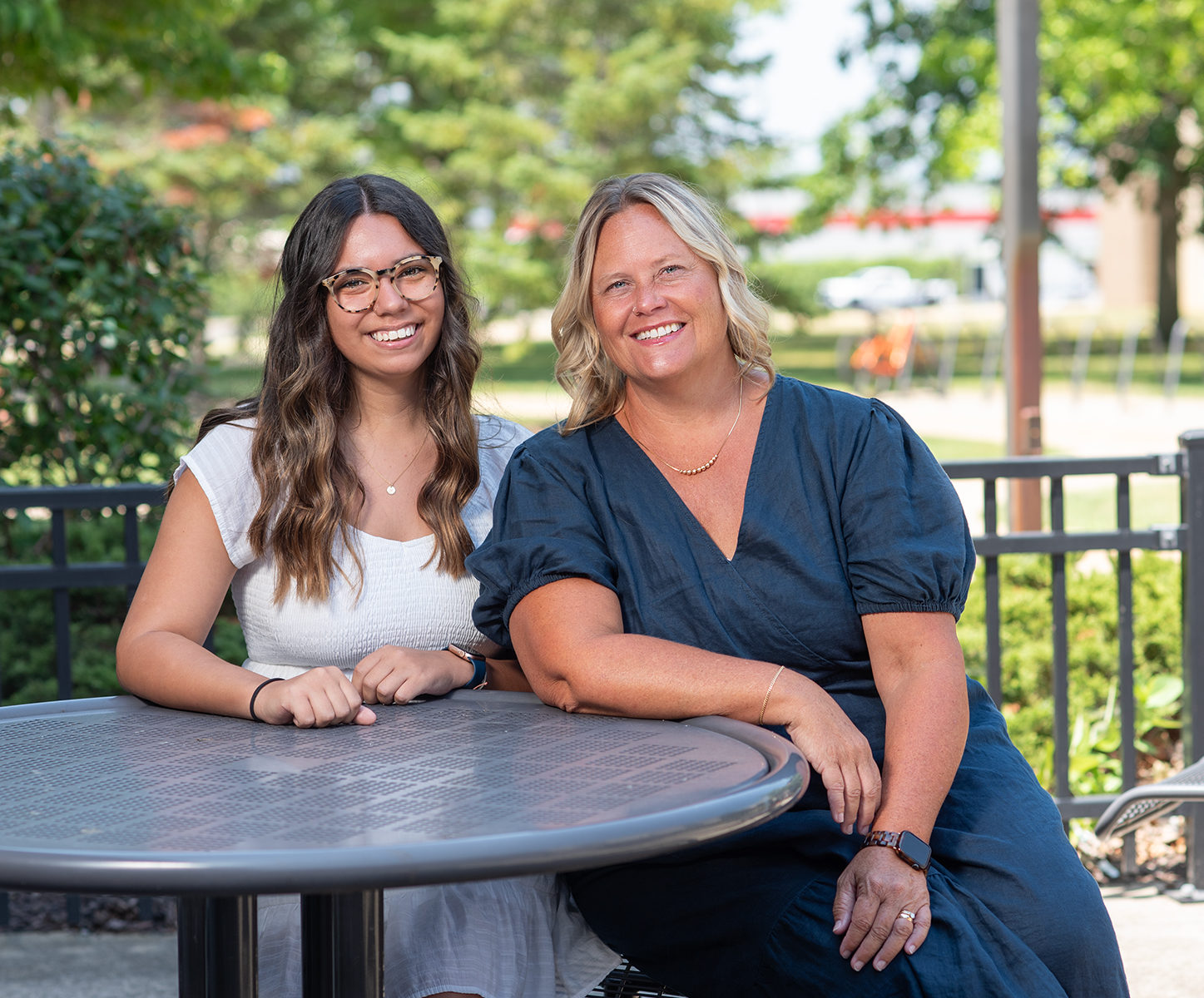SPECIAL REPORT: MEA welcomes new educators
Stories by Brenda Ortega, MEA Voice Editor
This report features MEA members combating Michigan’s educator shortage.

In early 2020, MEA stood as one of the first organizations to recognize a gathering crisis and raise alarm bells about the urgency of a growing educator shortage. Ever since then, our members, leaders and staff have been at the forefront of solving it.
At that time, newly released federal data showed a precipitous 70% decline in statewide enrollment in teacher preparation programs from 2008-2017 — second only to Oklahoma — just as a veteran educator workforce would begin to retire in large numbers.
Something had to give. With partners in the state Legislature and Gov. Gretchen Whitmer over the past few years, MEA joined in advocating for and implementing wide-ranging efforts to turn those numbers around.
From a total of $0 allocated in the state’s education budget to address the teacher shortage in 2020, more than $1 billion has since been spent to recruit, train, and certify educators who will be the driving force in building Michigan’s future.
In addition, MEA undertook its own new initiatives while also bolstering longstanding union programs such as Aspiring Educators of Michigan (AEM), which operates student MEA chapters on numerous college and university campuses across the state.
In one new partnership, MEA and Wayne State University launched a residency program for high school students interested in careers in education, funded by a NEA Great Public Schools grant.
In the Next Gen Teachers program, each summer for the past four years, a few dozen rising seniors from diverse backgrounds spent two weeks living on campus, attending workshops, visiting museums and other attractions in Detroit, and developing lesson plans.
MEA also partnered with Educators Rising, a national non-profit offering resources to nurture middle and high school students interested in becoming educators. For the past two years, MEA has sponsored and organized a statewide Ed Rising Conference in the spring.
The Ed Rising Conference allows young people from high school cadet and explore classes or middle school clubs to attend professional development sessions and participate in a variety of competitions — with top finishers moving on to the national conference.
“Nothing could be more important than ensuring every student in every classroom in Michigan has access to high-quality educators who reflect the diversity of our state,” said Annette Christiansen, the MEA UniServ consultant who leads the work.
Many indicators are improving, according to data from the state and Michigan State University’s Education Policy Innovation Collaborative. Initial certifications have risen 71% since 2016, and teachers entering the profession have outnumbered those leaving for the last three years.
But much work is left to be done. Shortages remain, and rural school districts are especially vulnerable. Special education teacher shortages continue to be widespread. Turnover statewide remains above pre-pandemic levels, and newer educators leave at the highest rates.
Educator recruitment and retention will be critically important for years to come, but a new Republican majority in the state House has not shown interest as yet. MEA members will need to stay engaged and raise their voices.
“Many of Michigan’s current educator workforce initiatives aim to address these challenges but need more time to achieve their intended outcomes,” according to the annual Michigan Teacher Shortage Study: 2025 Report by MSU-EPIC.
SPECIAL REPORT: Teacher Recruitment



